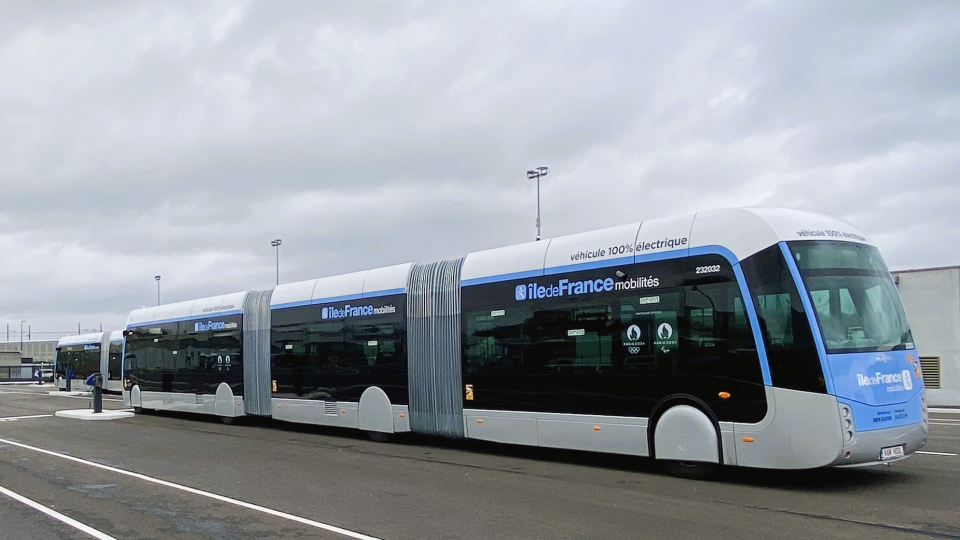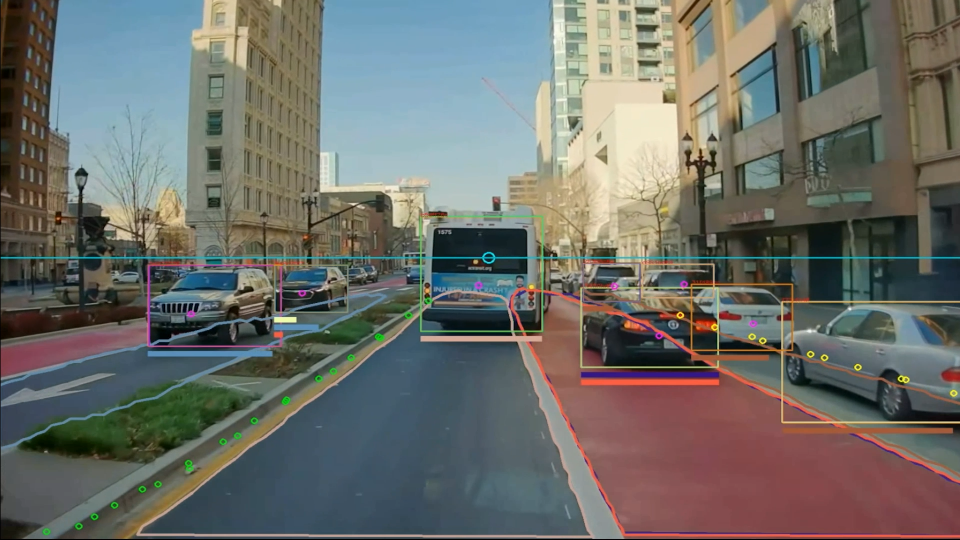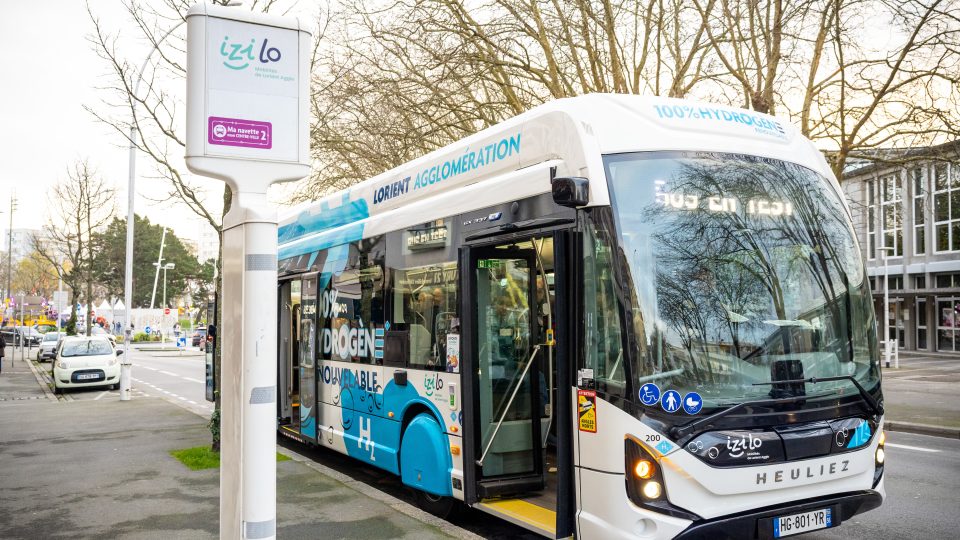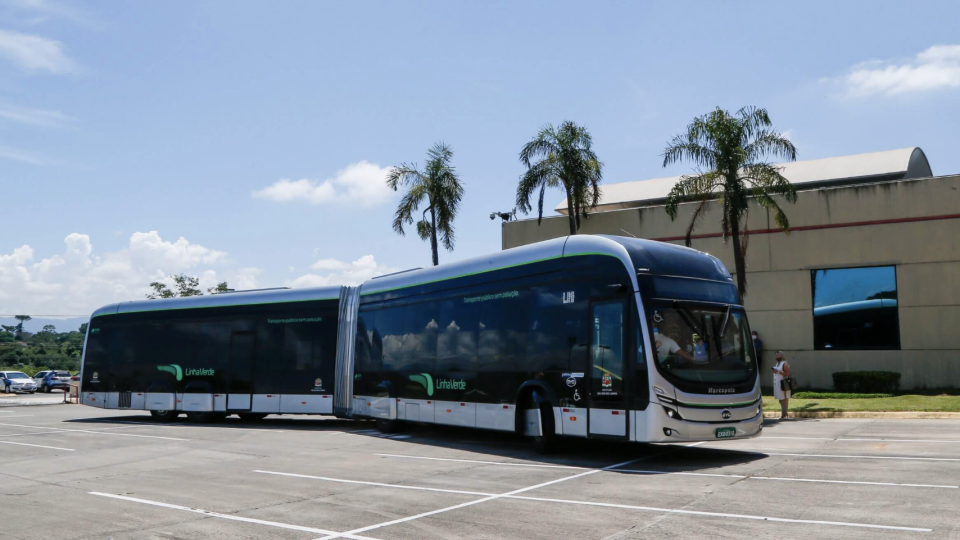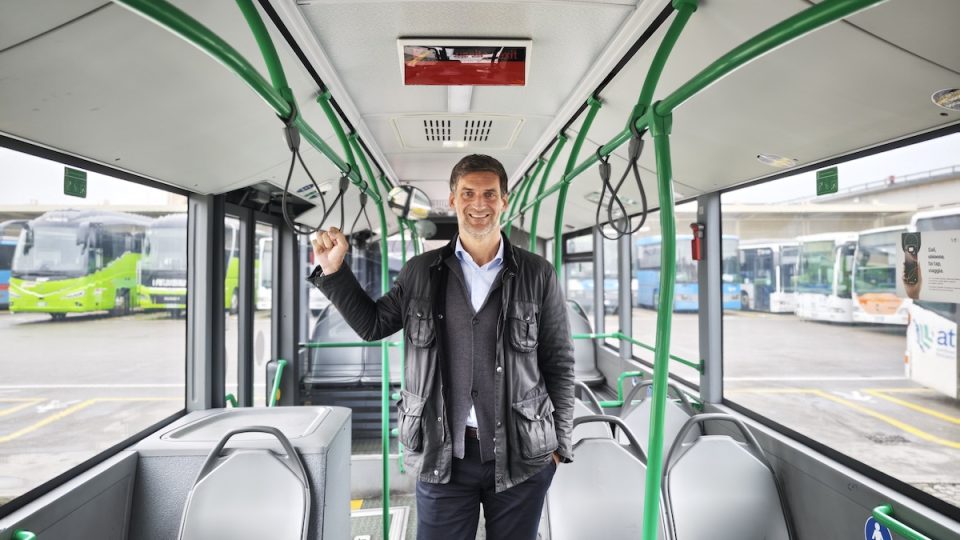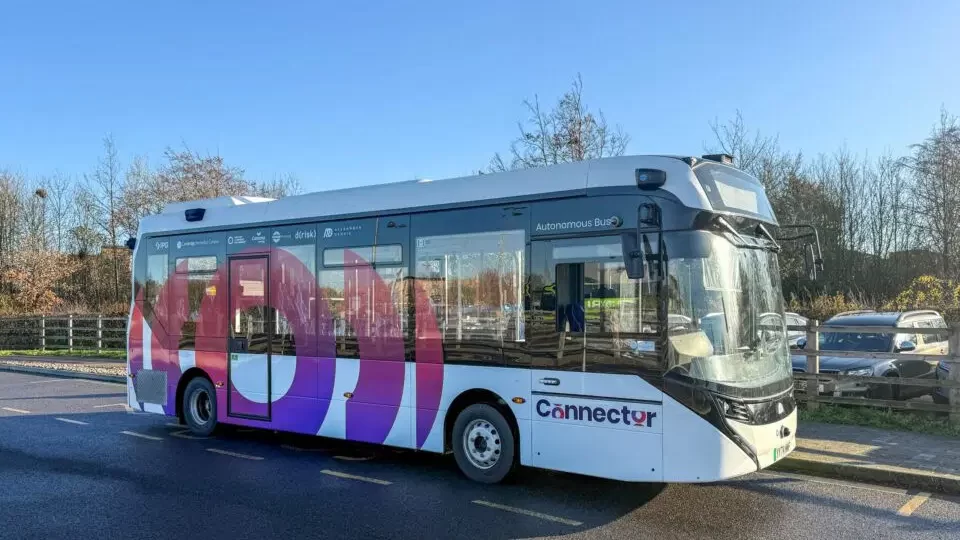On a drivers’ union victory against autonomous bus technology being deployed in Ohio, USA
US bus drivers have initiated a revolt to secure protections amidst the increasing projects about deployment of self-driving vehicles nationwide. The drivers’ union, Transport Workers Union (TWU), has reached an agreement with the Ohio transportation authority (COTA), granting it veto power over autonomous vehicles. This new collective bargaining agreement stipulates that the drivers’ union must […]

US bus drivers have initiated a revolt to secure protections amidst the increasing projects about deployment of self-driving vehicles nationwide.
The drivers’ union, Transport Workers Union (TWU), has reached an agreement with the Ohio transportation authority (COTA), granting it veto power over autonomous vehicles. This new collective bargaining agreement stipulates that the drivers’ union must consent to the implementation of any form of autonomous driving technology.
Drivers’ union victory on autonomous driving
Joann Muller’s report for Axios delved into the topic. Is driverless technology viewed as an adversary, posing a threat to those in the profession? The article highlights, concerning Ohio’s agreement, “If such technology is deployed, a qualified union operator must be aboard. The contract also says bus operators and mechanics cannot be laid off or have their wages reduced because of new or modified technology.” The Ohio case could establish a precedent across the nation as the union’s leadership endeavors to negotiate similar protections with operators in other cities like Houston, Philadelphia, and San Francisco. Moreover, TWU is also active in Miami, New York, Akron, Ann Arbor, Omaha, and Winston-Salem.
“Nearly every transit company is coming up for bargaining in the next 18 months,” TWU president John Samuelsen tells Axios. “We’re negotiating this language in every city.”
“We want an operator behind the wheel. But we’re open to having a conversation in the future about how technology can assist the operator in the performance of their duties or improving safety and service delivery,” TWU President John Samuelsen further stated to Axios.
Axios observes, “Autonomous vehicles promise to make transportation safer and more accessible for everyone, but robotaxis and driverless trucks are being tested and deployed in cities without residents’ explicit consent, and without much oversight. There are no federal regulations governing AVs — just a patchwork of state laws.”
COTA spokesperson Jeff Pullin shares the other perspective: “At COTA, we have always believed in pursuing new technology as a way to make mobility safer and more efficient for employees and customers — not a means of replacing our outstanding workforce.”


